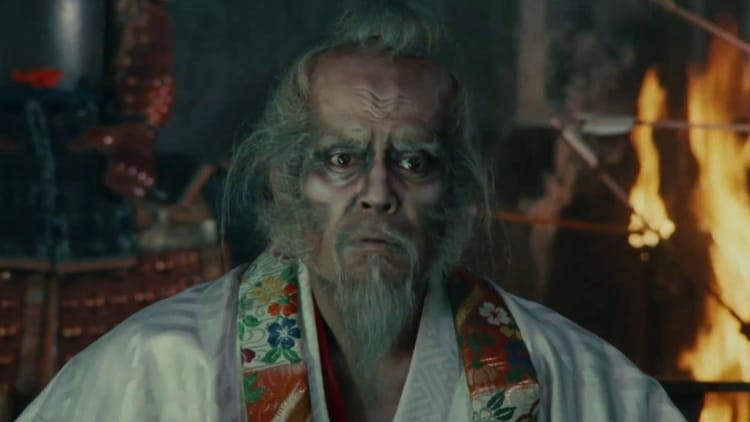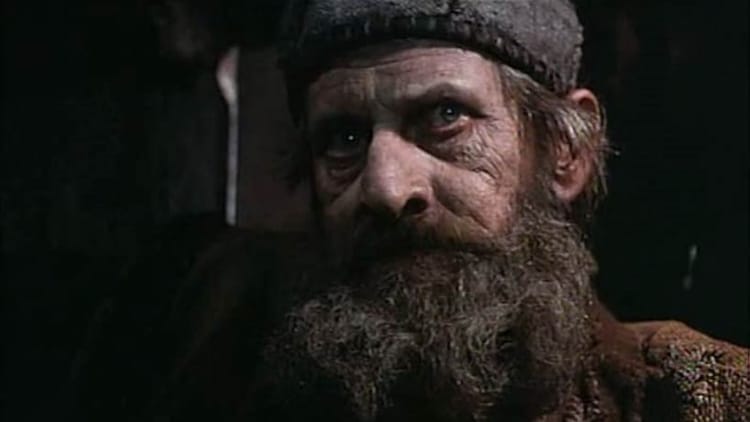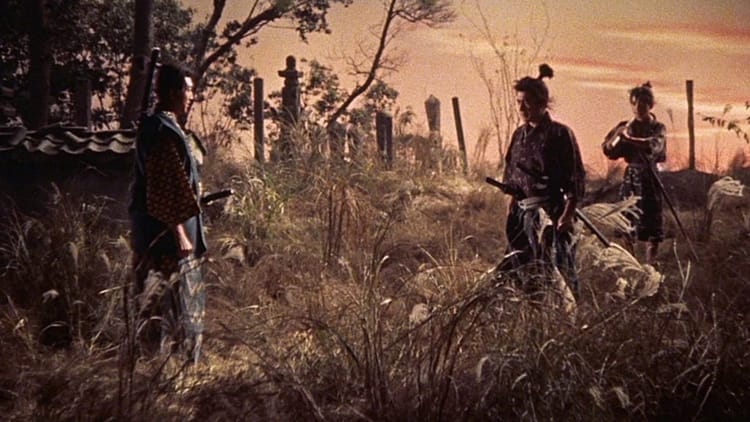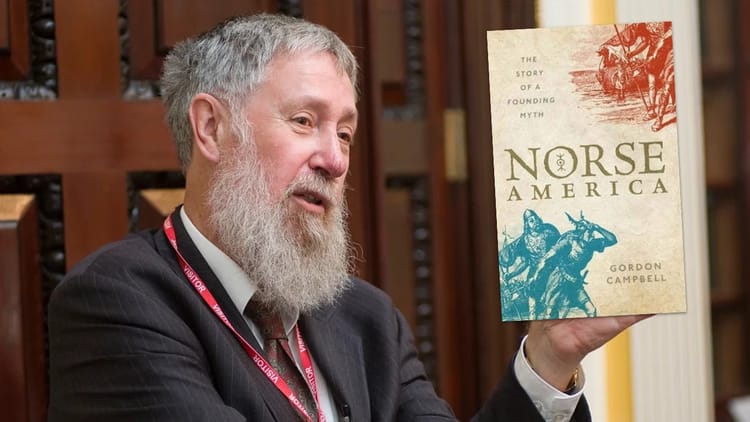Norse Mythology
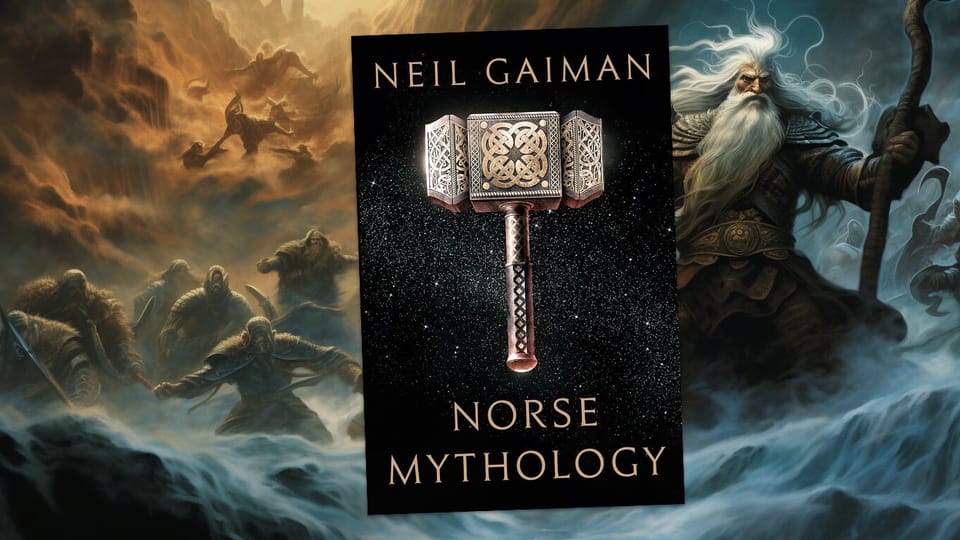
Neil Gaiman? The guy’s problematic but also a storytelling chameleon, a literary gangster with a knack for mixing old-school myths and the fresh, original stuff. He’s the type who can throw down Greek mythology with the best of them, spin you into sci-fi wonderlands, or co-write a cosmic buddy comedy with Terry Pratchett. And don’t even get me started on his kids' books—those are their wild little universes.
Gaiman’s newest obsession? Norse mythology. Yeah, that’s right, he’s gone full Ragnarok, and it’s a bit of a curveball if you’ve pegged him as the Greek myths guy. I mean, The Sandman? That was practically a shrine to Dream, Death, and Desire—like Greek mythology hopped up on dark espresso shots. But nope, Gaiman’s got a thing for Odin and Thor, thanks to reading Jack Kirby’s Thor comics when he was just a kid. Fast forward, and now he’s serving up these Norse tales for an audience that’s seen Chris Hemsworth wield a hammer more times than they’ve had hot dinners.
Let’s talk about Norse Mythology, the book. It kicks off with “The Players,” a roll call of the gods, weapons, and oddball characters like Ratatoskr—yeah, a trash-talking squirrel running errands up and down the World Tree. Gaiman’s not just dropping Odin and Thor on you; he’s rolling out the whole squad, from Frey’s magical ship to Yggdrasil itself. His style? It’s equal parts stand-up comedian and mythological bard, blending humor with respect for the epic weirdness of these stories.
Here’s the thing about Norse myths—they’re not as cozy in our cultural psyche as the Greek ones. Greeks have wormed their way into our vocabulary—Oedipus complexes, narcissism, Achilles heels. But Norse myths? They’re like that underground band only a few people know, except Tolkien gave them a shot at fame with his elves and dwarves in The Lord of the Rings. Still, they’ve kept their rough edges
And those edges are sharp. The Norse cosmos? It’s pure nihilism: a world cobbled together by nobody, ruled by scheming, backstabbing gods, and destined to burn in the end. Forget salvation or redemption—this is all-out chaos where the best you can hope for is to go down swinging. That gritty fatalism? It’s perfect for our modern hunger for darkness. Greek myths, by comparison, can seem like they’re sipping rosé on the veranda.
Gaiman gets that. He plays up the drama and doom while sneaking in laughs to soften the blow. His prose zips along, sharp and lively, making these ancient stories feel like they’re happening right now. But, yeah, sometimes it’s a little too friendly—like he’s inviting you to a barbecue with Odin instead of the end of the world. That conversational tone works for a modern audience, sure, but maybe it loses a bit of the raw, untamed brutality of the originals.
The Norse myths themselves are survivors. Think about it: these stories were written down by Christian monks centuries after Norse religion got the axe, hidden away in Icelandic barns, and passed down through translations, adaptations, and whatever else people could think up. Gaiman’s just the latest in a long line of interpreters. And interpretation? That’s the name of the game here. Every retelling tweaks the myths a little, choosing what to highlight and what to smooth over.
At its core, Norse mythology isn’t a divine comedy like Christianity or Islam, where there’s light at the end of the tunnel. It’s a divine tragedy. The end isn’t salvation—it’s annihilation. And while Gaiman’s version captures the spirit of these stories, the sheer, gut-punching inevitability of their doom might slip through the cracks.
Still, Norse Mythology is a great read. It’s your golden ticket to Asgard, brought to life by a master storyteller who knows how to blend the ancient with the now. Just don’t expect it to hold your hand—it’s got swords, schemes, and a world on fire waiting for you.

